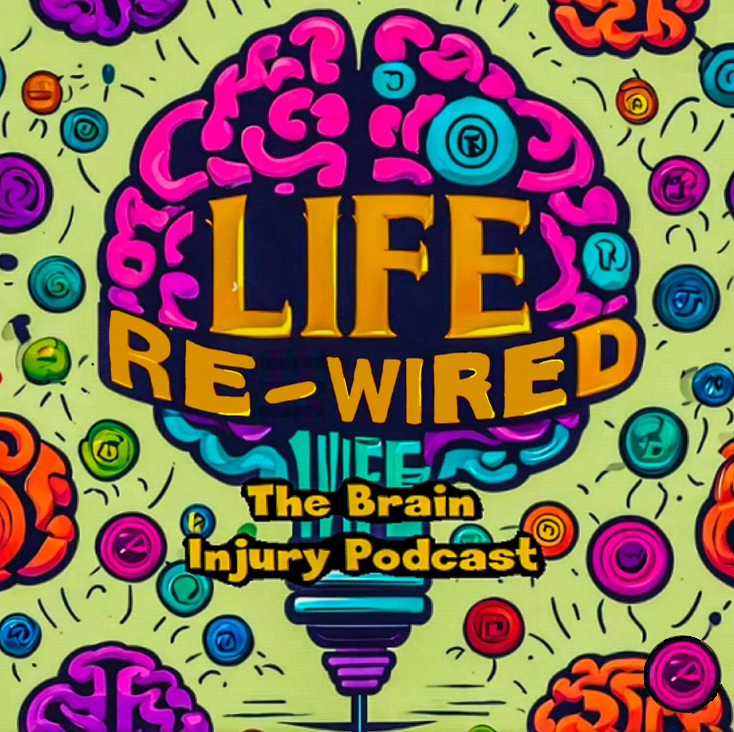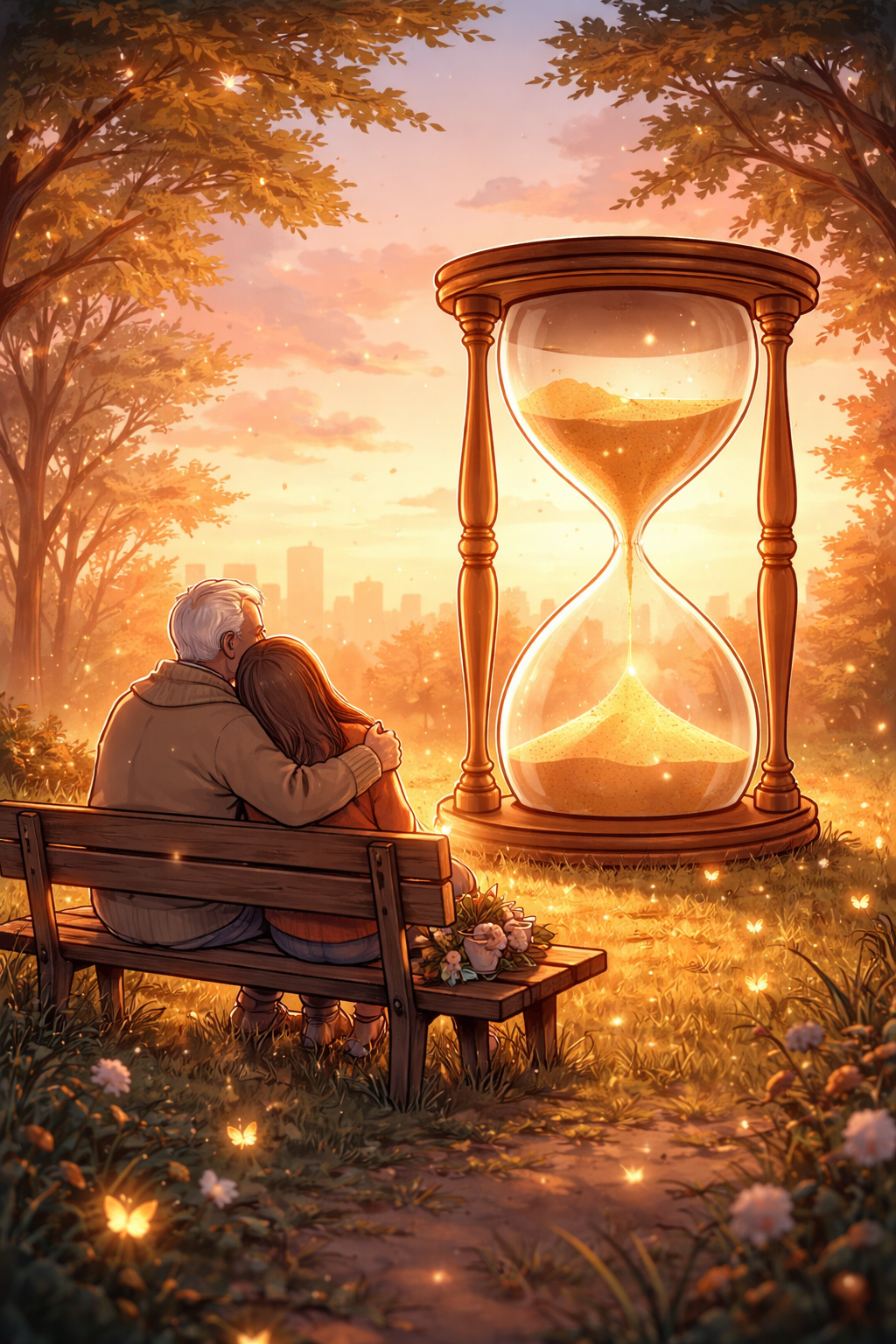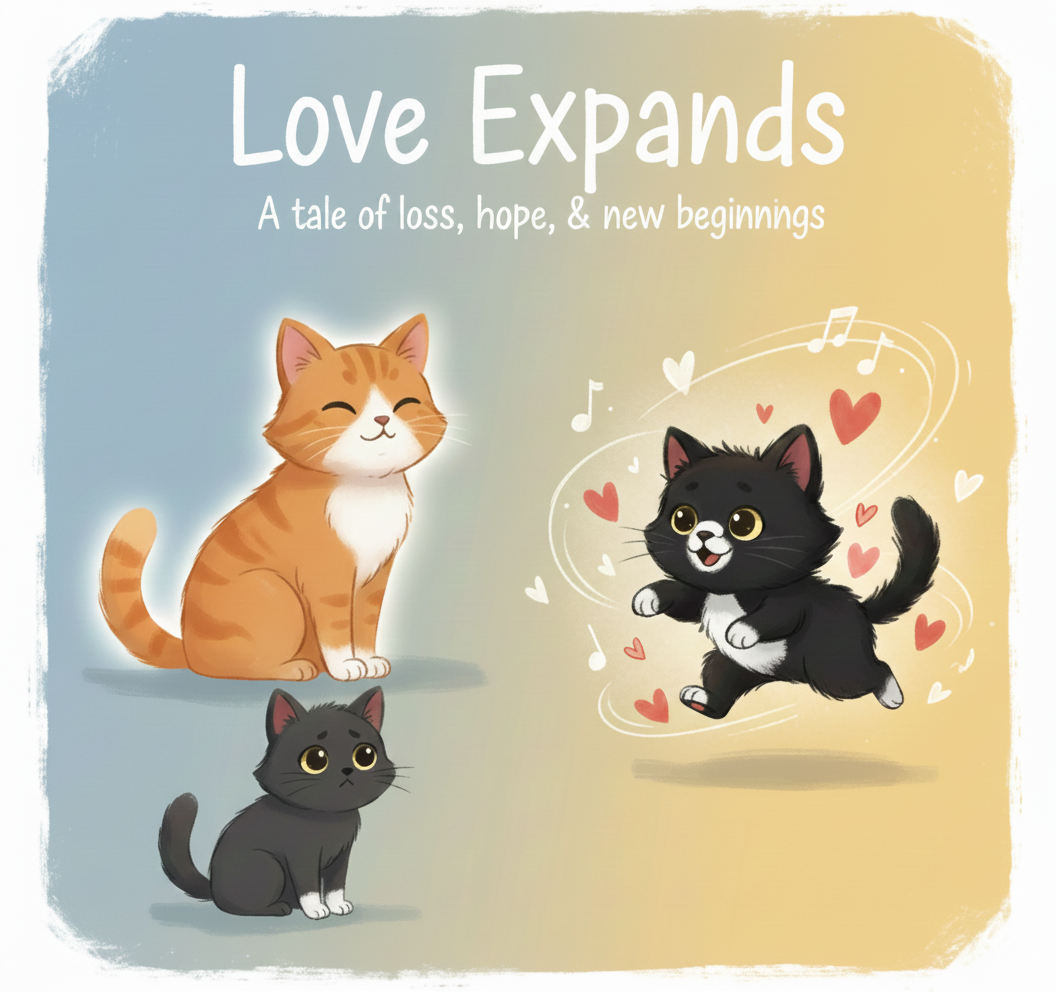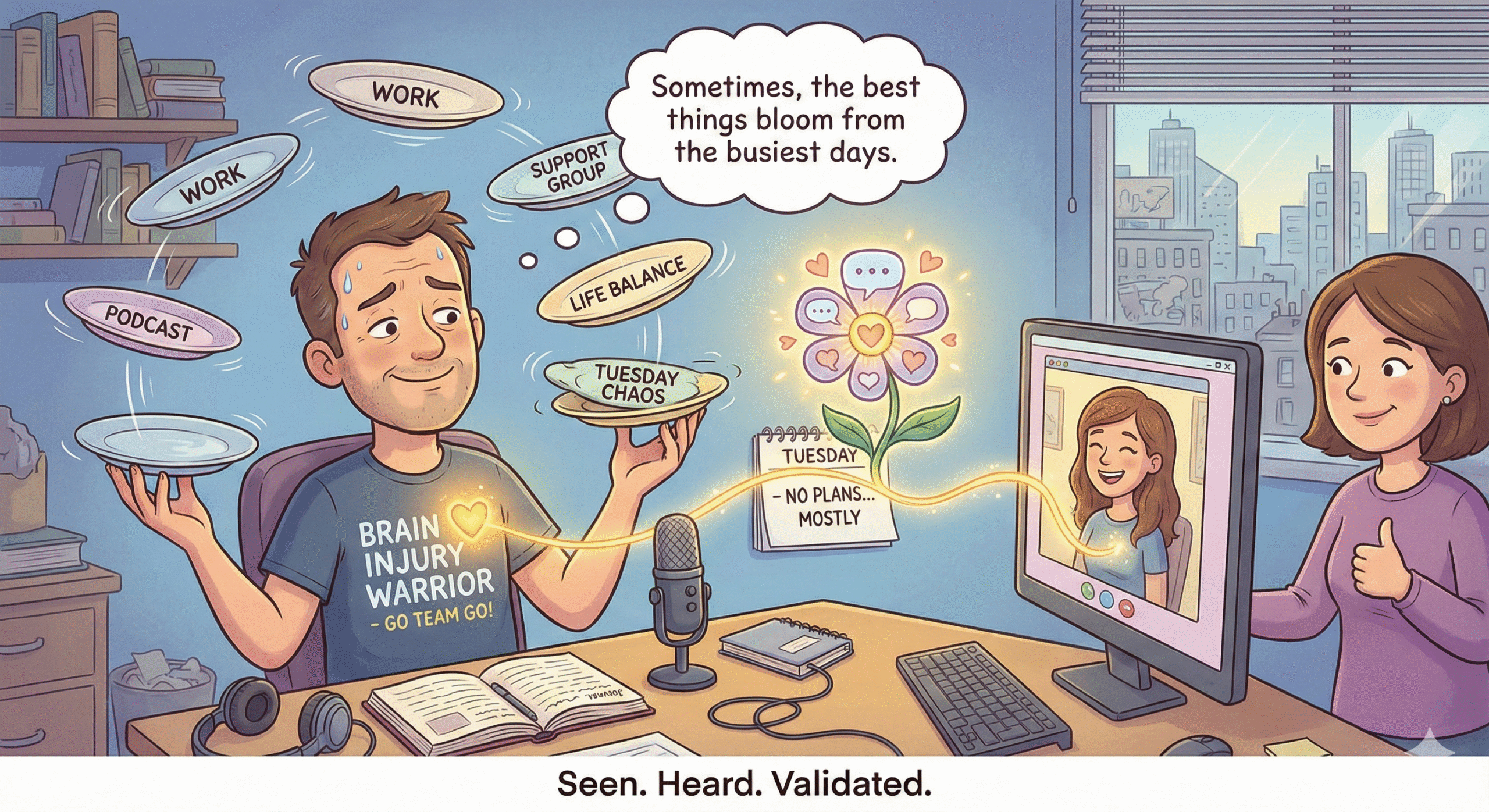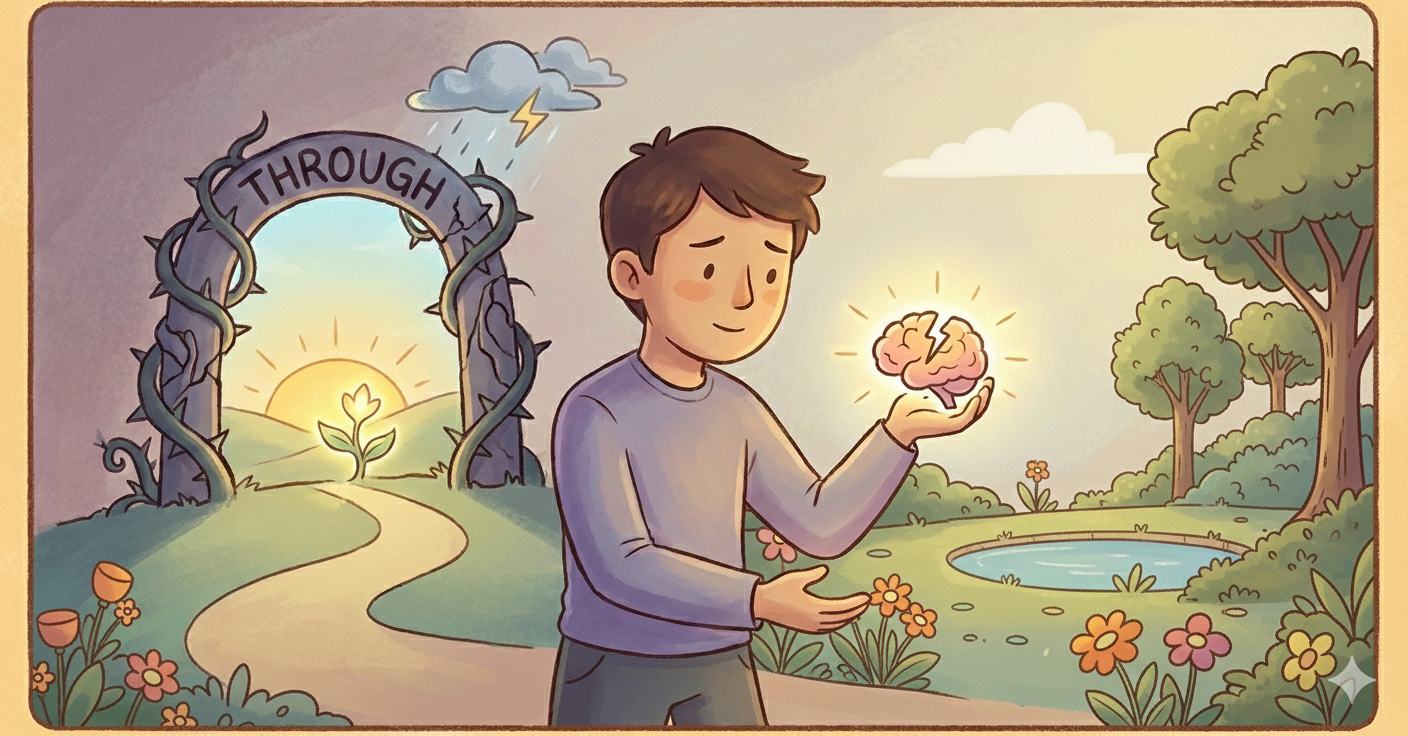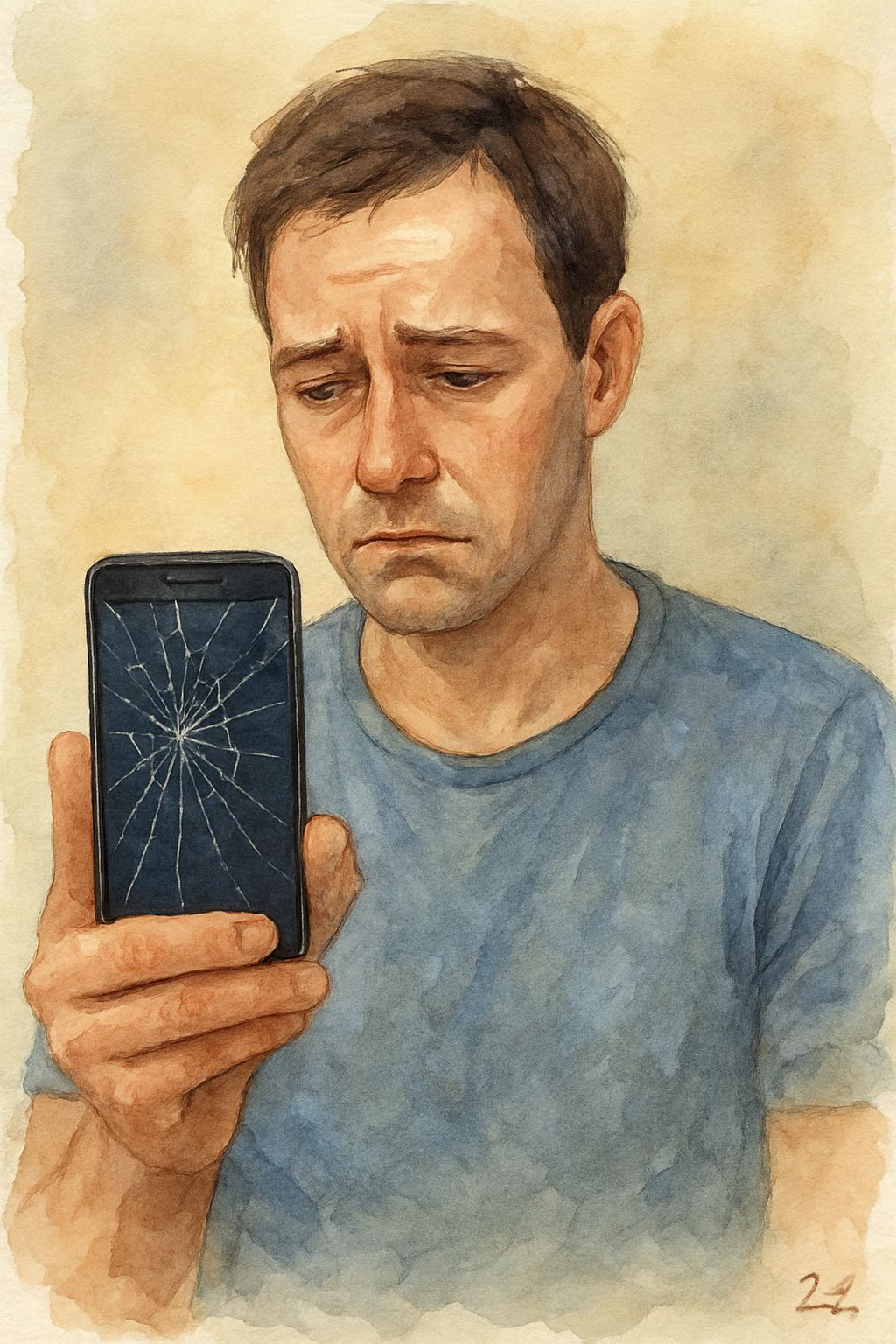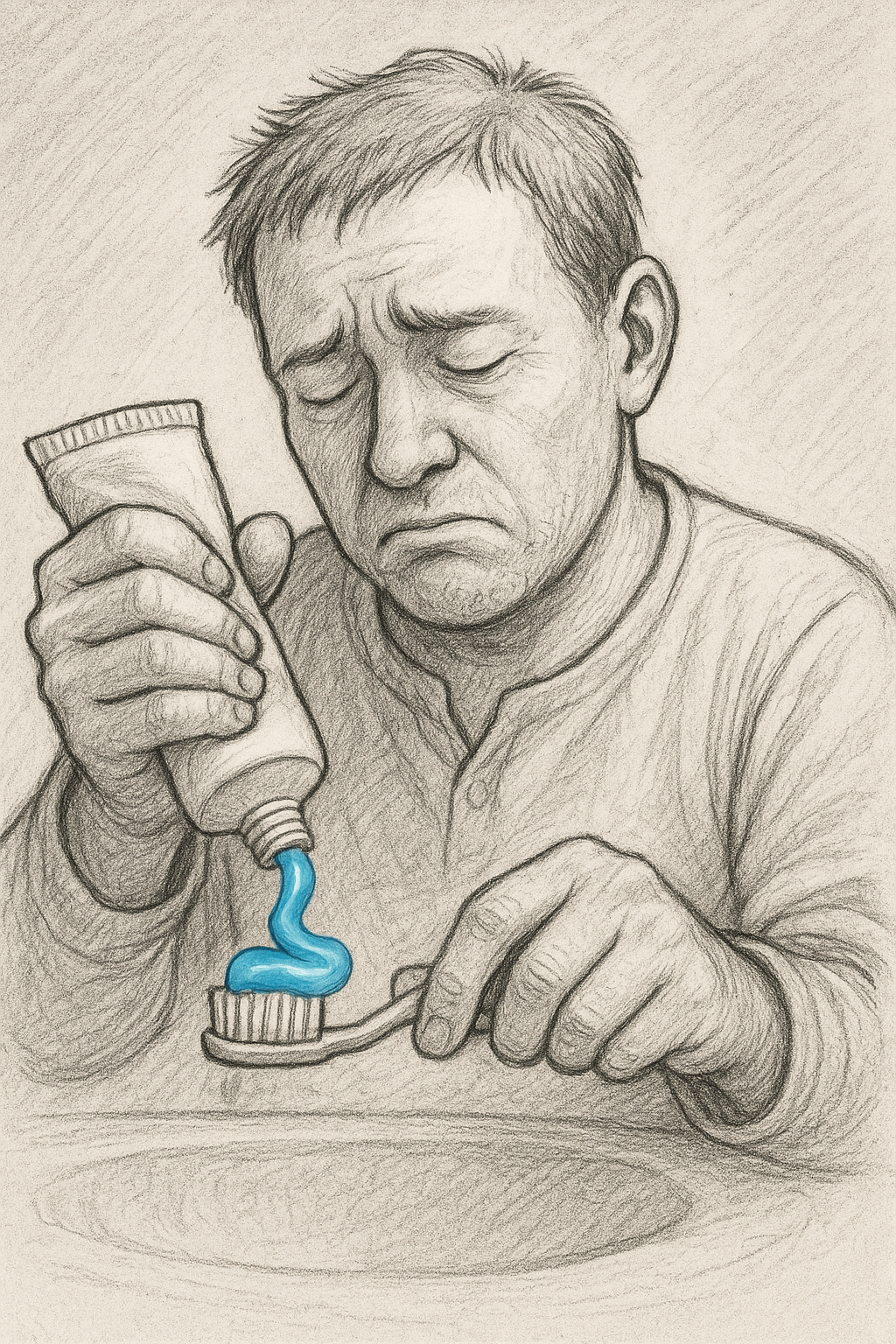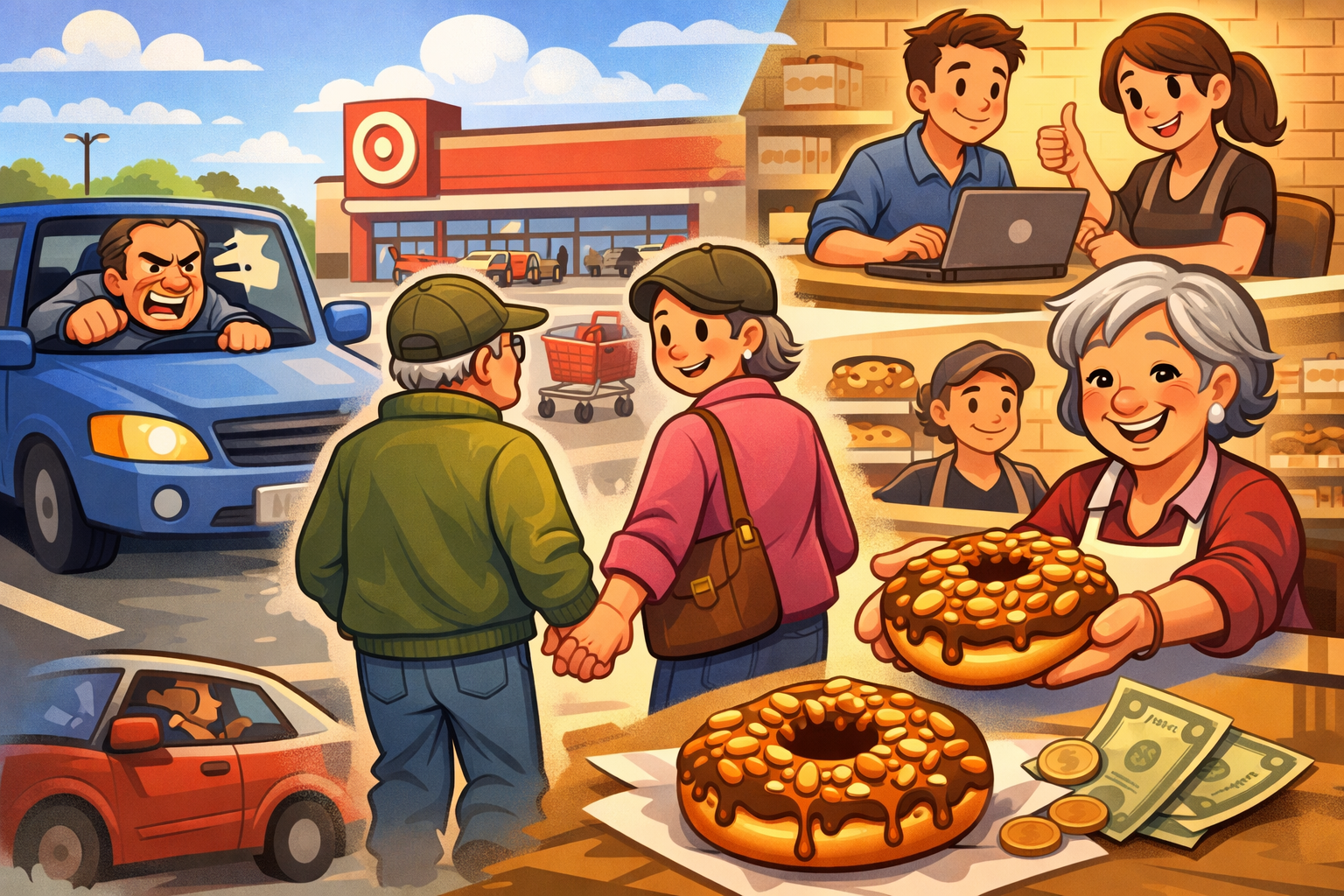
Maybe this is what getting older looks like—measuring today against memories from thirty years ago and wondering when the shift happened. Or maybe it’s just that life has slowed me down enough to notice things I once rushed past.
I don’t get out of the house very often anymore. Constant headaches, anxiety, and crowded places have a way of shrinking your world. So when I do step outside my carefully managed bubble, I tend to observe more than participate. Lately, what I’ve noticed hasn’t always been encouraging.
There seems to be a growing impatience in the air—especially among people my age and older. A sense of entitlement. A short fuse. Just today, my wife and I were walking to our car after leaving Target. A man parked next to us was backing out and had to wait—maybe three seconds—for us to clear the way. Three seconds was apparently too much. The frustration on his face bordered on a tantrum.
I turned to my wife and said something that surprised even me: Have you noticed that younger people seem to have more patience and respect than their elders? I’ve seen it in public places. I’ve seen it in the workplace. Not across the board, of course—but often enough to pause. In many cases, the younger generation appears to be working harder, listening more, and complaining less. That’s just my observation, not an accusation.
And then—because life has a way of balancing itself—we stopped at a local bakery. One of those unplanned stops for a donut we definitely didn’t need but somehow really needed. They were out of my favorite donut—the one with caramel and peanuts. My wife mentioned it casually to the woman behind the counter, who looked to be in her early sixties.
Without hesitation, she smiled and said, “We have plain donuts left. I’d be happy to make one for him.”
That had never been offered to us before.
Not only did she make it, she went the extra mile—extra caramel, extra peanuts. No fanfare. No expectation. Just kindness. I walked back to the car while my wife paid. When she joined me a moment later, she handed me an extra $1.50 and said, “She gave you a little discount. Said, ‘Here—you deserve it.’”
In a world where it’s easy to lose faith in people—where parking lots feel like battlegrounds and patience feels extinct—sometimes kindness still finds us. Quietly. Unexpectedly. In the form of a stranger who simply chooses to care.
So maybe it’s not all bad. Maybe humanity isn’t gone—it’s just hiding in small places. Behind bakery counters. In extra effort. In caramel and peanuts.
I hope that on your hardest days, when the world feels loud, rushed, and unkind, you encounter a stranger willing to go the extra mile for no reason at all.
And may your worst day still be filled with extra caramel frosting and extra peanuts.
